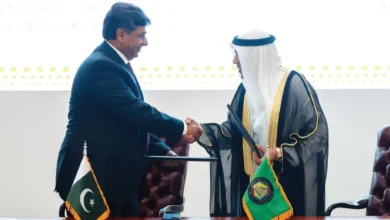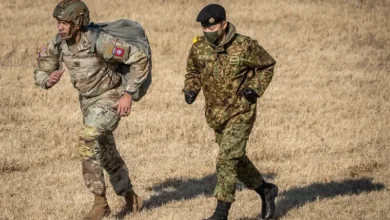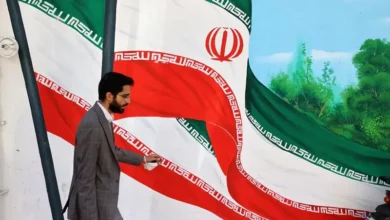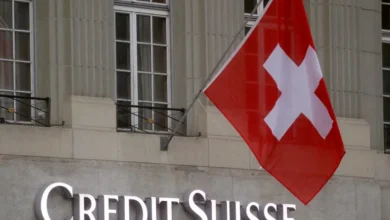Taiwan’s parliament passes bill pushing pro-China changes

Taiwan’s opposition-controlled legislature has ignored large protests to push through legislative changes seen as favourable to China.
The controversial bill, adopted on Tuesday, diminishes the power of President William Lai Ching-te, who was sworn in last week, and his pro-independence Democratic Progressive Party (DPP) government.
The reforms, pushed through by the opposition nationalist Kuomintang (KMT) and smaller partner Taiwan People’s Party, give lawmakers the power to require the president to give regular reports to parliament and answer lawmakers’ questions. It also criminalises contempt of parliament by government officials.
The bill also hands the legislature increased control of budgets, including defence spending. The legislature will also be able to demand that the military, private companies or individuals disclose information deemed relevant by parliamentarians.
The nationalist opposition parties officially back reunification with China, from which Taiwan separated during a civil war in 1949.
They took control of the legislature with a single-seat majority after elections in January, while the presidency went to Lai.
Rubbish bags and paper planes
Thousands of people gathered outside the legislature to protest the changes. The legislative chamber was festooned with banners promoting both sides in the dispute while arguments on the floor broke into shouting and pushing matches.
DPP legislators accused deputies from the KMT and the minority Taiwan People’s Party of undermining Taiwan’s democracy by expanding the legislature’s oversight of the executive branch.
The DPP says the reforms were forced through without proper consultation and their content is either vague or an overreach of power.
“You can seize parliament, but you cannot seize public opinion,” DPP parliament leader Ker Chien-ming said in an address to the chamber, adding that Beijing had influenced Taiwanese politics.
Opposition lawmakers, holding sun-shaped balloons, shouted: “Let sunlight into parliament.”
China sends planes and ships near Taiwan on a daily basis in a campaign aimed at wearing down Taiwanese opposition to unification and at deteriorating its defences, which are strongly backed by the United States, despite a lack of formal diplomatic ties.
On Tuesday, Taiwan’s Ministry of National Defense said three Chinese warplanes and 11 naval and coastguard ships were detected in the past 24 hours – down from the 21 aircraft and 15 ships it reported on Monday.










